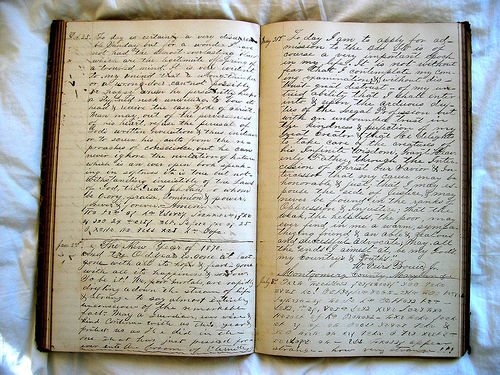 |
| Source |
 |
| Source |
*is no stranger to therapy. For years, practitioners have used logs, questionnaires, journals and other writing forms to help people heal from stresses and traumas.
Now, new research suggests expressive writing may also offer physical benefits to people battling terminal or life-threatening diseases. Studies by those in the forefront of this research--psychologists James Pennebaker, PhD, of the University of Texas at Austin, and Joshua Smyth, PhD, of Syracuse University--suggest that writing about emotions and stress can boost immune functioning in patients with such illnesses as HIV/AIDS, asthma and arthritis.
Skeptics argue that other factors, such as changes in social support, or simply time, could instead be the real health aids. But an intensive research review by Smyth, published in 1998 in the Journal of Consulting and Clinical Psychology (Vol. 66, No. 1), suggests that writing does make a difference, though the degree of difference depends on the population being studied and the form that writing takes.
Researchers are only beginning to get at how and why writing may benefit the immune system, and why some people appear to benefit more than others. There is emerging agreement, however, that the key to writing's effectiveness is in the way people use it to interpret their experiences, right down to the words they choose. Venting emotions alone--whether through writing or talking--is not enough to relieve stress, and thereby improve health, Smyth emphasizes. To tap writing's healing power, people must use it to better understand and learn from their emotions, he says.
In all likelihood, the enlightenment that can occur through such writing compares with the benefits of verbal guided exploration in psychodynamic psychotherapies, notes Pennebaker. He notes, for example, that talking into a tape recorder has also shown positive health effects. The curative mechanism appears to be relief of the stress that exacerbates disease, researchers believe...
So write for your health. Get your feelings out. If necessary, find a good therapist that you can connect with and discuss what you have written with them. Writing works and so does talking with a gifted therapist. You deserve the healing these therapeutic tools can bring.
 |
| Source |
No comments:
Post a Comment